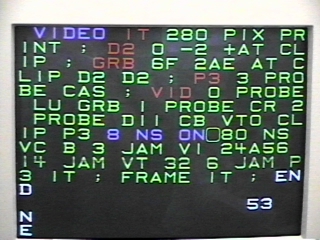02:00 - 18:0018:00 - 23:00
user55340
user55340
user41796
user55340
user55340
user55340
user55340
user55340
user55340
user55340
user55340
user55340
user55340
user55340
user55340
user55340
user55340
user55340
user55340
user55340
user55340
user55340
user55340
user55340
user55340
user55340
user55340
user55340
user55340
user55340
user55340
user55340
user55340
user55340
user55340
user55340
user55340
user55340
user55340
user55340
user55340
user55340
02:00 - 18:0018:00 - 23:00





